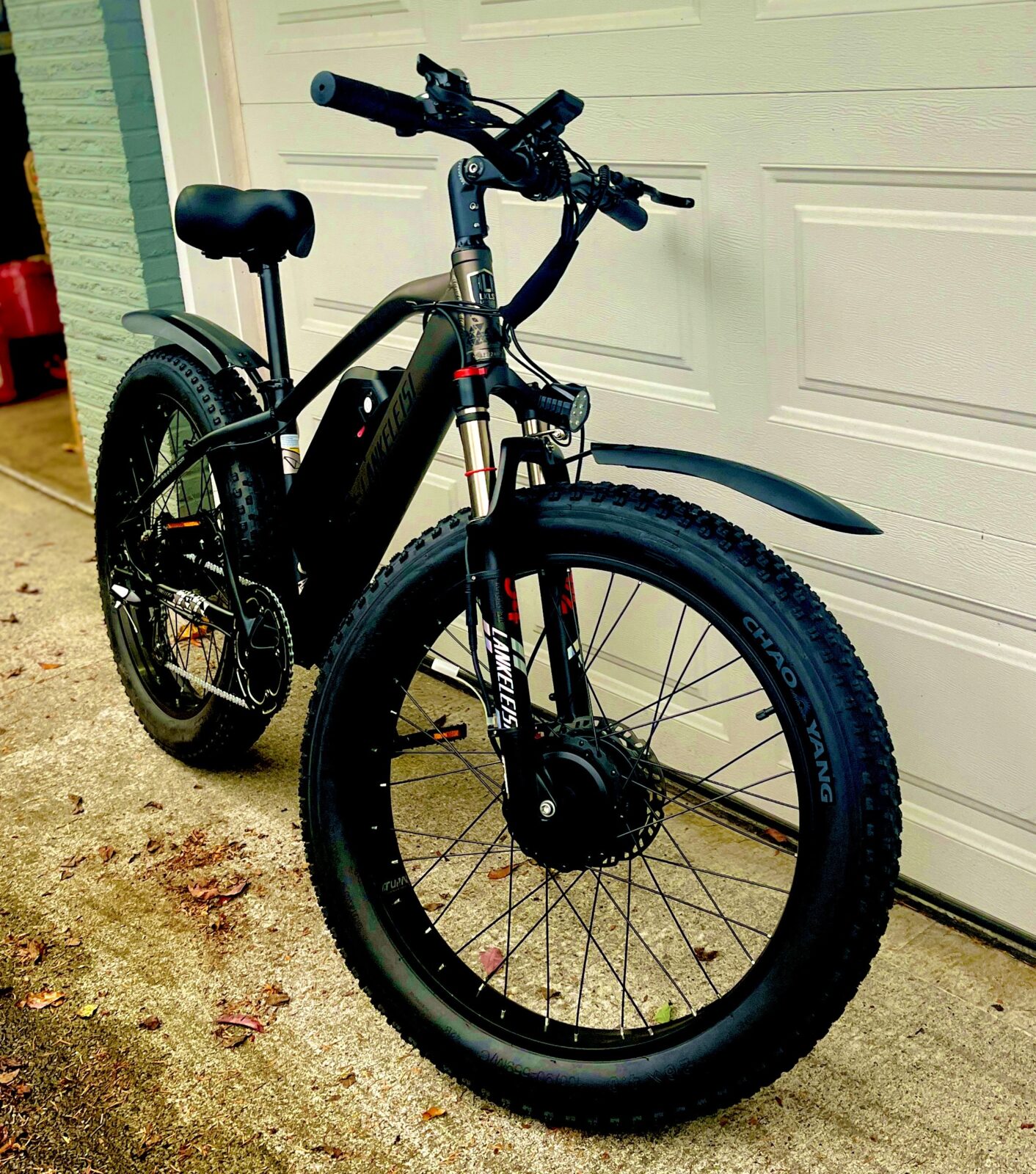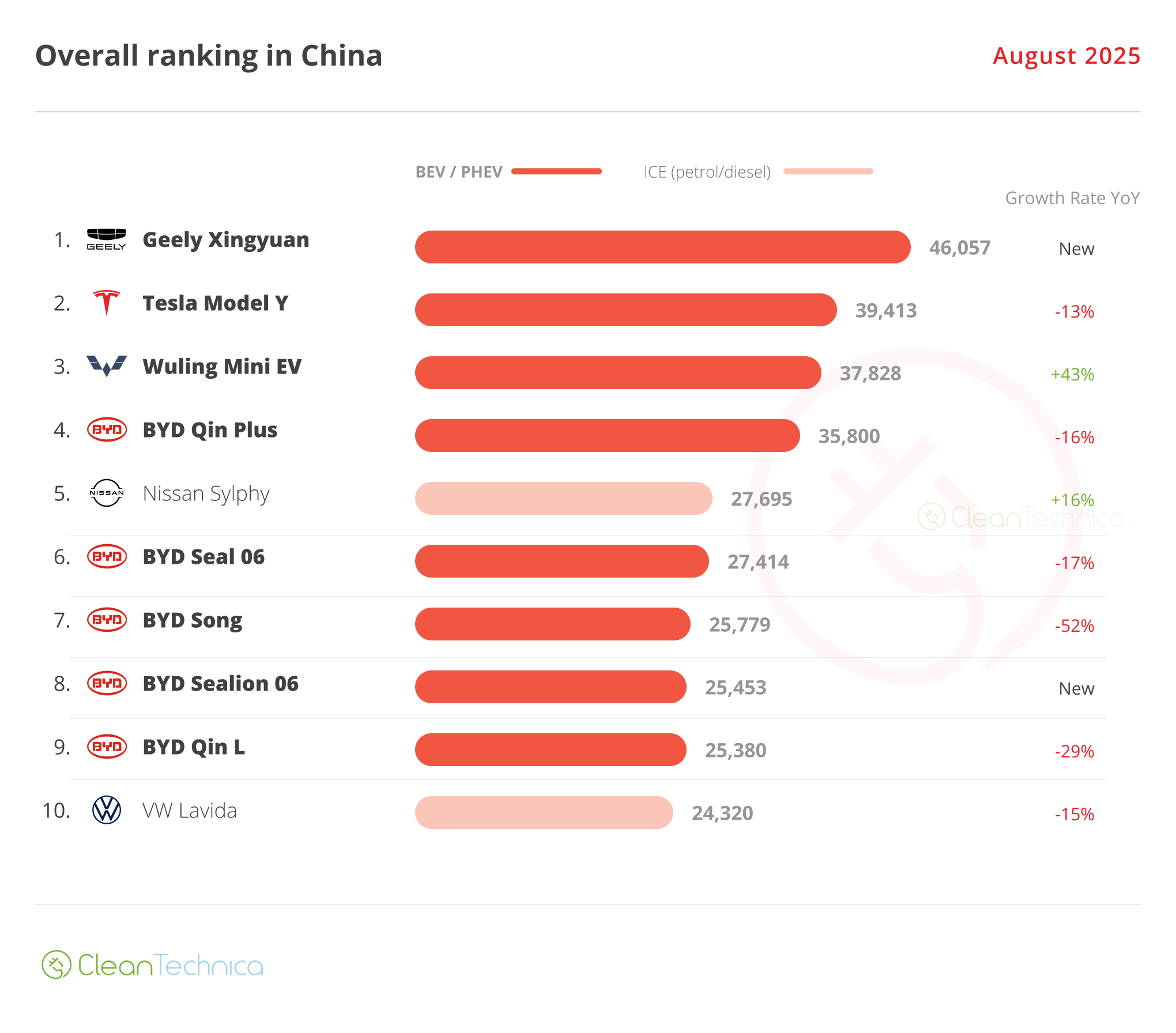Scania and Australia-based services provider Regroup say they will launch the world’s first fleet of autonomous in-pit mining trucks in the Pilbara in 2025 with a rollout planned at Element 25’s Butcherbird mine.
Building on the recent announcement of the start of sales for commercially-available autonomous trucks, Scania today announces it will supply its first fleet of autonomous trucks to Regroup.
The world-first fleet of 11 autonomous rigid G 560 8×4 tippers, transporting manganese ore for Element 25 at its Butcherbird site, is planned to start work in late 2025 in Western Australia’s Pilbara region. Scania, Regroup and Element 25 will now work collaboratively to finalise the particulars regarding this solution, and to align with the expansion of the Butcherbird mine.
“Scania in Australia has been working closely with several partners in the local mining industry over recent years to finesse our autonomous truck programme in advance of this announcement,” Scania Australia Managing Director, Manfred Streit, says. “We are delighted that this historic event, the first order globally for a fleet of Scania’s new autonomous trucks, has been made by a privately-owned Australian company, which will provide these trucks for use in an Australian mining environment.”
Peter Hafmar, Head of Autonomous Solutions, Scania, said: “With this fleet order, we bring to commercial reality the concept of an autonomous fleet working at scale in demanding real-world conditions. We anticipate the Regroup fleet deployment will be the first of many, as operators around the world see the safety, productivity and ease-of-use benefits of Scania’s technology.”
Regroup, a fully integrated civil, mining and bulk commodities haulage partner, sees the autonomous truck fleet as the first critical stage in its path towards a zero-tailpipe emissions mining fleet future.
Regroup Managing Director, Michael Still, says: “Along with Scania, we are excited to be establishing our first fleet of autonomous vehicles in the Australian mining industry. It is not lost on us that we are able to collaborate with one of our key, and long-standing partners in Element 25 as we look to roll this solution out across their site. We have always been aligned in our values in supporting industry innovation and the electrification of the global vehicle fleet. It is great that we can demonstrate this on site.
“Regroup has excelled at initiating and delivering sustainable and renewable practices, and these new autonomous trucks are just the first step in our transport plan. We are looking forward to adding Scania zero emission autonomous mining trucks as the next step. In addition to the autonomous trucks coming next year, we have also ordered a driver-operated battery-electric Scania rigid 8×4 truck that we will look to incorporate into the Element 25 Butcherbird operation which will serve as a water cart, underlining our overall aim of decarbonising our mining activities.
“We’re investing eight figures with Scania to establish a fully autonomous onsite mining haulage fleet. Regroup has a track record in investing in innovative fleets.”
Still says he views the autonomous Scania fleet as being able to also reduce its diesel consumption, as the operator moves from a larger capacity fleet of 100-200 t vehicles to a smaller class unit. From a decarbonisation perspective, Regroup is also expected to burn less fuel on site.
Regroup has grown tenfold over the past four years. It provides plant, people and expertise across several construction and mining sectors.
“We worked out early on that we needed to develop into a full-service offering,” Still says.
“We’ve grown quickly from 22 staff to 250. In that same time, we have spent and committed over A$100 million ($68 million) on new assets. So, we’re very serious about fresh fleet…When new technology and opportunity comes along, we’re able to invest. Our aim longer term is to fully electrify the fleet.”
Regarding the new autonomous fleet, Still says there will be no reduction in the driver cohort, because the new fleet will be operating as an expansion of a current program, so no additional drivers will be sought.
He said: “We’ve certainly done our homework in terms of people that are using the Scania product. But there is a leap of faith involved with commercialising an autonomous solution from Scania for the first time in the world. With anything that you do for the first time there’s going to be a leap of faith because there’s no baseline data, but one of our values is to think big.
“Looking at our data projections, against maybe a small site, autonomous is more expensive, but the more volume you’re required to move, the cheaper the solution becomes, because your operator numbers don’t increase.
“Yes, your trucks increase, but your operators don’t necessarily increase because you’ve got a control room with the same setup. Your setup costs are in fact locked. So, it’s then spread out over more trucks and more volume and then the trucks made complete sense.
“But even at the lower volumes, whilst it looked like on paper there was an increased cost to us providing the solution, when you consider the cost of flights, the cost of transporting people to sites, and the cost of accommodating people, almost got it to a cost neutral point, even with four trucks.
“But at 10 to 11 trucks running, there is a financial benefit to our client. And even while still a diesel truck, just in fuel economy and reduction in carbon emissions, there’s a benefit to our client,” he says.
Robert Taylor, Head of Mining at Scania Australia, said: “Regroup is a business on a rapid path to expansion, having been voted the top regional business of the year in Western Australia.
“We can see that Regroup and Element 25 will benefit from reduced operating costs using our autonomous trucks, decarbonising their operations, and transferring labour requirements from the field to remote control room locations, which are also safer working environments. So, this fleet will provide a win-win for all parties.”




